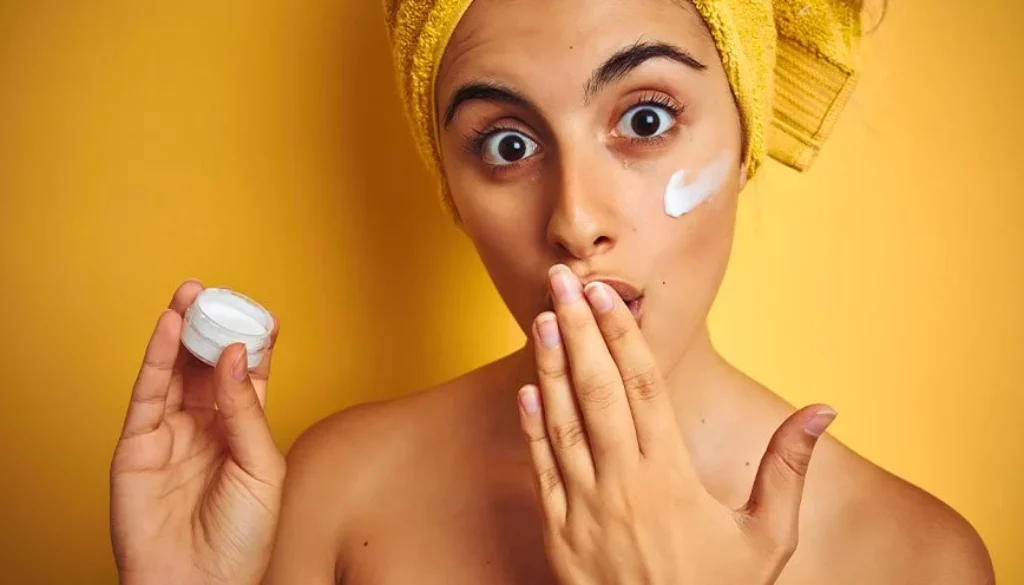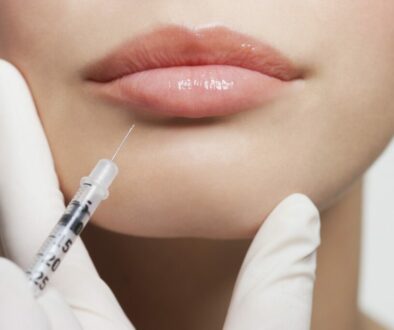Common Skincare Mistakes to Avoid
A well-informed approach to skincare involves being aware of the skincare mistakes to avoid for a radiant and flawless complexion. Skincare is more than just a daily routine; it’s a form of self-care that helps maintain the health and appearance of your skin. However, many individuals unknowingly make common skincare mistakes that can hinder their efforts to achieve radiant and healthy skin. In this article, we’ll explore these pitfalls and provide valuable insights on how to avoid them.
Taking care of your skin goes beyond slathering on a moisturizer now and then. It involves understanding your skin’s unique needs and avoiding certain pitfalls that could be counterproductive to your skincare goals. Let’s delve into the common skincare mistakes that many people make and learn how to steer clear of them for a glowing complexion.
Not Knowing Your Skin Type
The Significance of Understanding Your Skin Type
Understanding your skin type is the foundational step to effective skincare. The skin is a dynamic organ, and its needs vary based on factors like oil production, sensitivity, and hydration levels. By identifying your skin type, you can tailor your skincare routine to address specific concerns and promote a healthier complexion.
The Importance of Knowing Your Skin Type
- Customized Care: Each skin type has unique characteristics that require targeted care. For instance, oily skin may benefit from oil-free moisturizers, while dry skin needs hydrating products.
- Product Selection: Knowing your skin type helps you choose the right products. Using products formulated for your skin’s needs can prevent issues like excess oiliness or dryness.
- Addressing Concerns: Different skin types are prone to specific issues. Those with sensitive skin may need gentle, fragrance-free products, while those with acne-prone skin may require targeted treatments.
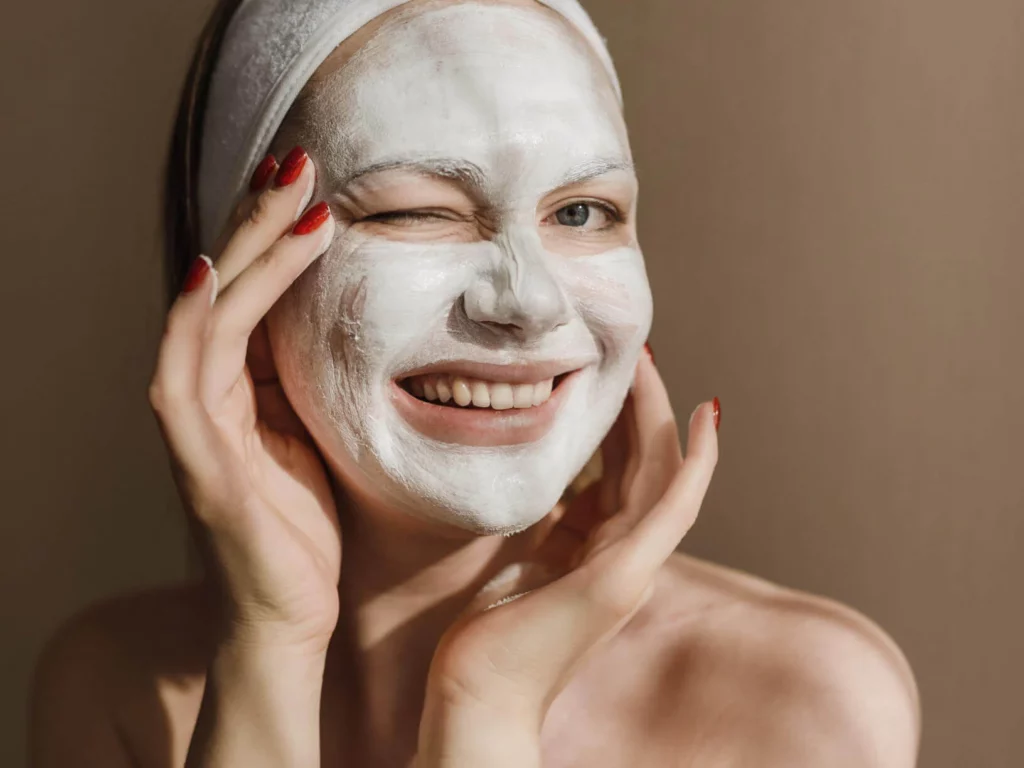
How Different Skin Types Require Specific Care
-
Oily Skin:
- Characteristics: Excess oil production and enlarged pores.
- Care Tips: Use oil-free or non-comedogenic products, and incorporate salicylic acid for acne prevention.
-
Dry Skin:
- Characteristics: Tightness, flakiness, rough texture.
- Care Tips: Choose hydrating cleansers and rich moisturizers, and avoid harsh exfoliants.
-
Combination Skin:
- Characteristics: Mix of oily and dry areas.
- Care Tips: Use products designed for combination skin, and adjust routine based on specific areas.
-
Sensitive Skin:
- Characteristics: Redness, irritation, prone to reactions.
- Care Tips: Opt for fragrance-free, hypoallergenic products, and perform patch tests before trying new products.
-
Normal Skin:
- Characteristics: Balanced oil production, minimal concerns.
- Care Tips: Maintain a basic skincare routine with products suitable for all skin types.
Overlooking the Importance of Sunscreen: The Unsung Hero of Skincare
Sunscreen plays a pivotal role in maintaining healthy and radiant skin, yet it often gets overlooked in many skincare routines. Understanding the significance of sunscreen and dispelling common misconceptions about its application is crucial for effective skincare.
The Role of Sunscreen in Skincare
- UV Protection: Sunscreen acts as a protective barrier against harmful ultraviolet (UV) rays from the sun. UV rays can lead to premature aging, sunburns, and an increased risk of skin cancer.
- Prevention of Hyperpigmentation: Sunscreen helps prevent the development of dark spots and hyperpigmentation caused by prolonged sun exposure.
- Anti-Aging Benefits: Regular use of sunscreen can slow down the aging process by preventing the breakdown of collagen and elastin, essential proteins for skin elasticity.
Common Misconceptions about Sunscreen Application
- Only for Sunny Days: Sunscreen is not just for sunny days. UV rays can penetrate clouds, making protection necessary even on overcast days.
- One Application Is Enough: Reapplication is key. Sweating, swimming, or simply the passage of time can reduce the effectiveness of sunscreen. Regular reapplication ensures continuous protection.
- All Sunscreens Are the Same: Different skin types may require different formulations. Choosing a sunscreen that suits your skin type ensures optimal protection without causing adverse effects.
In the pursuit of flawless skin, using skincare products with harsh ingredients can be counterproductive. Understanding the dangers of these ingredients and learning to identify harmful components is essential for a successful skincare routine.
The Dangers of Using Skincare Products with Harsh Ingredients
- Skin Irritation: Harsh ingredients such as sulfates and synthetic fragrances can strip the skin of its natural oils, leading to irritation, redness, and discomfort.
- Dryness and Dehydration: Alcohol-based products may give a temporary feeling of freshness but can lead to excessive dryness and dehydration in the long run.
- Compromised Skin Barrier: Harsh chemicals can compromise the skin’s protective barrier, making it more susceptible to environmental aggressors and further skin issues.
Identifying Harmful Ingredients to Avoid
- Parabens: Commonly used as preservatives, parabens may disrupt hormonal balance and are associated with certain health concerns.
- Sulfates: Found in many cleansers, sulfates can be too harsh and strip the skin of its natural oils.
- Synthetic Fragrances: Fragrances can cause skin irritation, especially for those with sensitive skin. Opting for fragrance-free products is a safer choice.
Inconsistent Skincare Routine: The Importance of Regularity
Maintaining a consistent skincare routine is often underestimated, yet it is a crucial factor in achieving and maintaining healthy skin. Let’s delve into the reasons why consistency matters and explore tips for establishing and sticking to a routine.
The Importance of a Consistent Skincare Routine
- Adaptation and Results: Skin needs time to adapt to products and show results. Consistency allows your skin to benefit from the cumulative effects of skincare products.
- Prevention of Issues: Regular skin care helps prevent issues such as breakouts, dryness, and premature aging by addressing them consistently.
Tips for Establishing and Maintaining a Routine
- Keep It Simple: A simpler routine is easier to follow consistently. Focus on the essentials like cleansing, moisturizing, and sunscreen.
- Set Realistic Goals: Establish realistic goals for your skincare routine. This could include improvements in hydration, reduced acne, or a more even skin tone.
- Incorporate Routine into Daily Habits: Tie your skincare routine to existing habits, such as brushing your teeth. This makes it easier to remember and stick to.
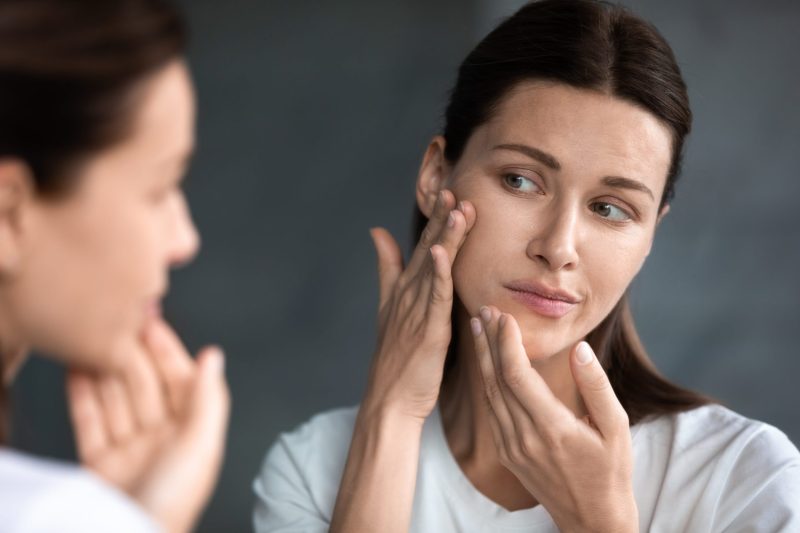
Ignoring the Need for Moisturization: Nourishing Your Skin’s Thirst
Moisturization is a cornerstone of effective skincare, yet many individuals underestimate its importance. Understanding the role of moisturizers in skincare and learning how to choose the right one for your skin type is key to achieving and maintaining a healthy, hydrated complexion.
The Role of Moisturizers in Skincare
- Hydration Boost: Moisturizers provide essential hydration to the skin, preventing dryness and flakiness.
- Barrier Protection: A good moisturizer acts as a protective barrier, sealing in moisture and preventing environmental pollutants from penetrating the skin.
- Balancing Oil Production: Contrary to common belief, even oily skin needs moisturization. The right moisturizer can balance oil production, preventing excessive sebum production.
How to Choose the Right Moisturizer for Your Skin Type
- For Dry Skin: Look for rich, hydrating formulas with ingredients like hyaluronic acid and shea butter.
- For Oily Skin: Opt for oil-free or gel-based moisturizers to hydrate without adding excess oil.
- For Combination Skin: Choose a moisturizer that caters to both oily and dry areas of your face.
- For Sensitive Skin: Fragrance-free and hypoallergenic moisturizers are gentle on sensitive skin.
Not Removing Makeup Properly: Unmasking the Impact on Your Skin
Proper makeup removal is a crucial step in any skincare routine. Ignoring this step can have a lasting impact on your skin’s health. Let’s explore the consequences of improper makeup removal and effective methods to ensure a clean slate for your skin.
The Impact of Improper Makeup Removal on the Skin
- Clogged Pores: Leaving makeup on overnight can clog pores, leading to blackheads and acne.
- Skin Irritation: Residual makeup can cause skin irritation, redness, and even allergic reactions over time.
- Accelerated Aging: Makeup left on the skin can contribute to premature aging, including fine lines and wrinkles.
Effective Methods for Removing Makeup
- Micellar Water: Gentle and effective, micellar water is great for removing makeup without harsh rubbing.
- Oil-Based Cleansers: Ideal for breaking down stubborn makeup, oil-based cleansers dissolve makeup without stripping the skin.
- Double Cleansing: Use a gentle cleanser after makeup removal to ensure all traces are gone, especially for heavy or long-wearing makeup.
Over-Exfoliating: Balancing the Benefits and Risks
Exfoliation is a beneficial step in skincare, but like any good thing, moderation is key. Understanding the purpose of exfoliation, as well as the risks associated with over-exfoliating, ensures a balanced approach to achieving smooth and radiant skin.
Understanding the Purpose of Exfoliation
- Dead Skin Removal: Exfoliation removes dead skin cells, promoting cell turnover for a brighter complexion.
- Product Absorption: Regular exfoliation enhances the absorption of other skincare products, maximizing their effectiveness.
Risks Associated with Over-Exfoliating
- Skin Sensitivity: Over-exfoliating can strip the skin of its natural oils, leading to increased sensitivity and irritation.
- Microtears: Harsh exfoliation can cause microtears in the skin, contributing to inflammation and long-term damage.
- Worsening Skin Issues: Over-exfoliation may worsen conditions like acne or eczema rather than improve them.
Skipping Patch Tests: Why Caution is Essential in Skincare
Skipping patch tests before introducing new products into your skincare routine is a common mistake that can have adverse effects on your skin. Understanding the importance of patch tests and how to conduct them effectively is crucial for preventing potential allergic reactions.
Why Patch Tests are Crucial Before Trying New Products
- Allergic Reactions: Patch tests help identify potential allergic reactions to new products, preventing widespread application in case of adverse effects.
- Compatibility Check: Testing a small area ensures the product is compatible with your skin type and won’t lead to irritation or breakouts.
How to Conduct a Patch Test Effectively
- Choose a Small Area: Apply a small amount of the product on an inconspicuous area, such as behind the ear or on the wrist.
- Observe for 24-48 Hours: Monitor the test area for any signs of redness, itching, or irritation. If all is well after 24-48 hours, the product is likely safe for broader use.
Neglecting the Neck and Chest Area: Extending Care Beyond the Face
Skincare isn’t exclusive to the face, yet many overlook the neck and chest areas in their routine. Understanding the common oversight and learning tips for caring for these neglected areas ensures a comprehensive approach to skincare.
The Common Oversight of Extending Skincare to the Neck and Chest
- Visible Signs of Aging: The neck and chest areas show signs of aging, and neglecting them can result in an uneven appearance.
- Sun Damage: These areas are often exposed to the sun, leading to sunspots and premature aging.
Tips for Caring for These Neglected Areas
- Extend Products Downward: Apply moisturizers, serums, and sunscreen to the neck and chest, extending the benefits of your routine.
- Gentle Exfoliation: Include the neck and chest in your exfoliation routine to maintain a consistent and youthful appearance.
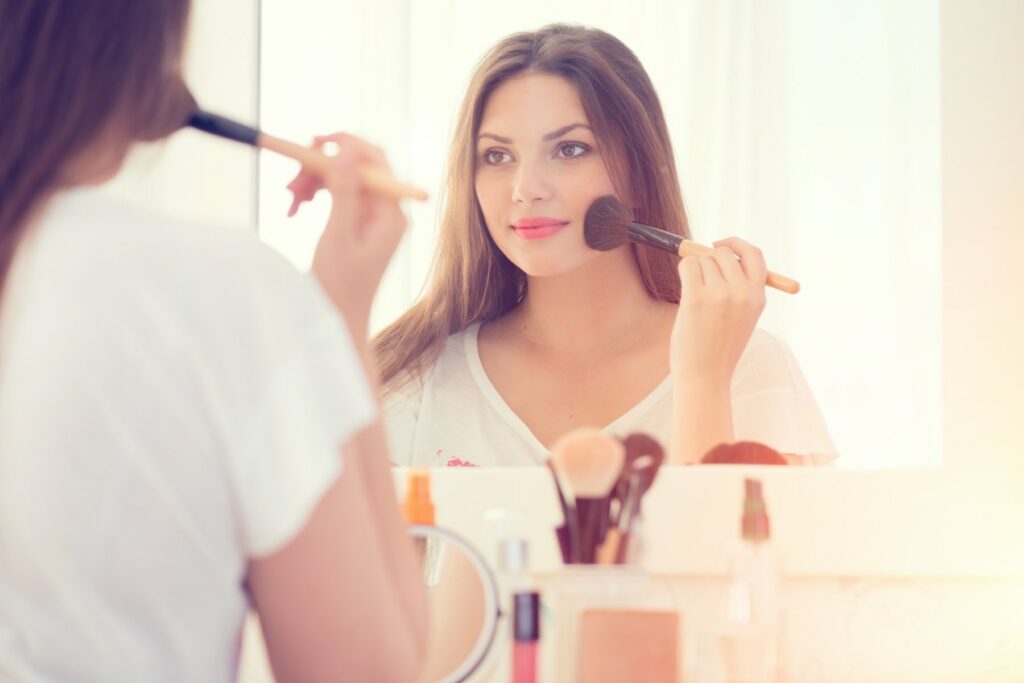
Conclusion
Investing time to understand your skin type is the first step towards achieving a radiant and healthy complexion. Whether your skin tends to be oily, dry, combination, sensitive, or normal, customizing your skincare routine accordingly ensures that you address your skin’s unique needs and maintain its optimal health.
Also Read:
